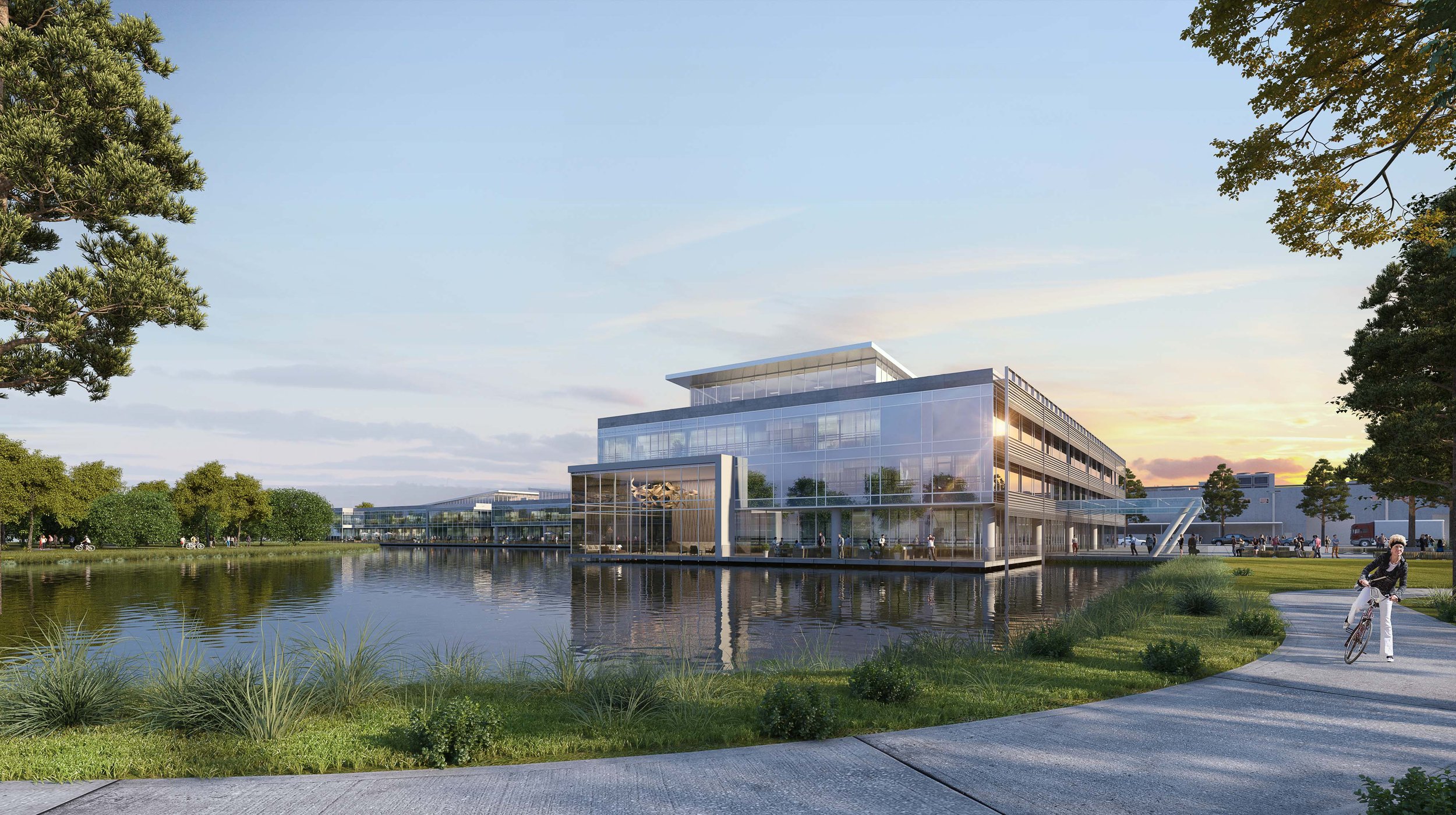Snapshot of Demographics, Cost of Living Highlighted in Houston Facts '19
Published Aug 06, 2019 by Maggie Martin
The Greater Houston Partnership has released Houston Facts 2019, an annual publication that takes a deep dive on data around our region, from population and demographics to cost of living and the economy.
Houston Facts has presented unvarnished information about the Houston region since 1959, and its predecessor publications – under different names, but with the same objective – date back to 1906. It has evolved into a concise almanac for the Houston region. Corporate planners, market analysts, students, relocation and site selection consultants, real estate professionals, government agencies and myriad others turn to it for authoritative information on this region.
The Partnership’s Research team presented highlights from this year’s publication at the Houston Economy Council on August 6.
Here are just a few of those highlights.
Demographics
The Houston region is home to nearly 7 million people and is the 5th largest metro area (ahead of Washington, D.C., Miami, Philadelphia and Atlanta). According to Houston Facts, for the first time ever, the largest percentage of residents in Houston is Hispanic or Latino (37 percent). Houston is also home to many people who were born outside of the U.S. – nearly one in four Houstonians, or 1.6 million residents, are foreign-born. Learn more about Houston’s demographics on page 5 of the report.
Cost of Living
When it comes to affordability, Houston is really high on the list. According to Houston Facts 2019, Houston is the third most affordable major metro among the nations 20 most populous metropolitan areas. Our living costs are over 26 percent below the average of those 20 metro areas, and our overall living costs are nearly four percent below the average for all U.S. metros. Housing costs are also a standout for Houston – they’re more than 46 percent below the average for the nation’s most populous metro areas and just over three percent below the average for all U.S. metros. Learn more about Houston’s cost of living on page 36 of the report.
Economy
Over the past decade, Houston has endured two economic downturns (the Great Recession and the Fracking Bust) and two major storms (Hurricanes Ike and Harvey), yet the region has demonstrated remarkable growth and resiliency over that period. From ’08 to ’18, Houston gained 1.4 million residents, created more than 500,000 jobs and added $100 billion to its gross domestic product (GDP). The current economic outlook for Houston remains bright, and the region is on pace to add 71,000 jobs, build more than 30,000 single-family homes and handle more than $240 billion in foreign trade in 2019. Learn more about Houston’s economy on page 9 of the report.
Health Care
Health care is a prominent industry in the Houston region. According to Houston Facts, the Texas Medical Center sees about 10 million patient visits annually, employs over 106,000 people and contributes $25 billion GDP to the Houston economy. TMC is also the 8th largest business district in the U.S. with 1,345 total acres. The future of TMC is TMC3, a multi-institutional 30-acre research campus that brings together the best institutions in clinical care, research and industry. The project, projected to be complete in 2022, is expected to create about 26,000 jobs and bring in more than $5 million to the Houston’s economy. Learn more about Houston’s health care on page 15 of Houston Facts.
Digital Tech and Innovation
As the home of NASA’s Johnson Space Center and headquarters to the global energy industry, Houston has long been a global hub of engineering talent. In recent years, those skills have given rise to a thriving ecosystem of digital technology companies, and Houston’s innovation ecosystem continues to grow at an impressive rate. According to Houston Facts, Houston has the 12th largest tech sector in the U.S. with more than 227,000 tech workers. Nearly two-thirds of Houston’s high-tech workers are employed in industries other than computers and software. In addition to startups, coworking spaces, incubators and accelerators, Houston is also home to Houston Exponential, formed in 2017 to grow the city’s digital startup ecosystem. The Innovation District in Midtown is also core to Houston’s innovation ecosystem, with The Ion to serve as the central hub of the district. Learn more about Houston’s innovation ecosystem on page 21 of the report.
Click here for the full Houston Facts 2019 report. Learn more about the Houston Economy Council here.
 The Houston Report
The Houston Report




















